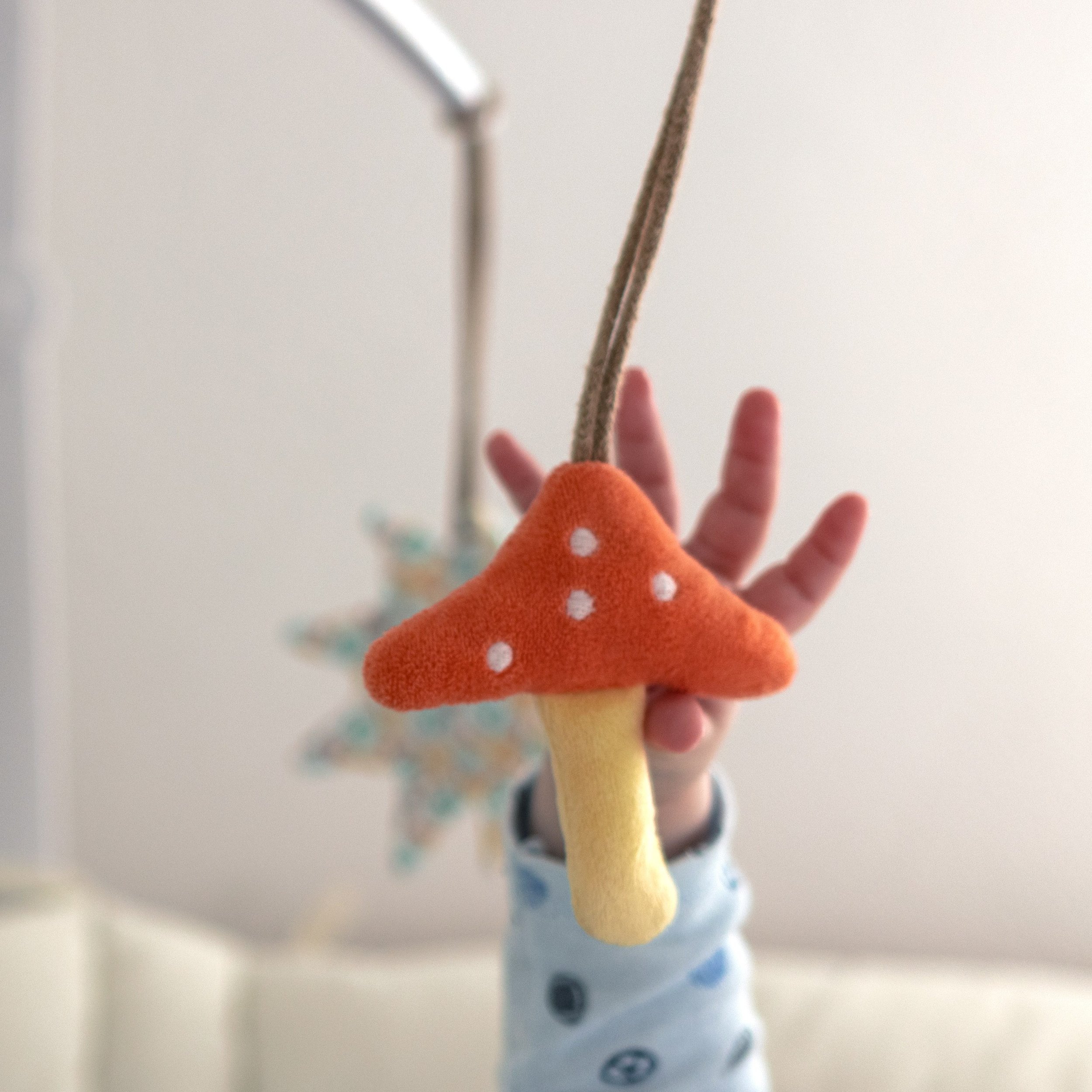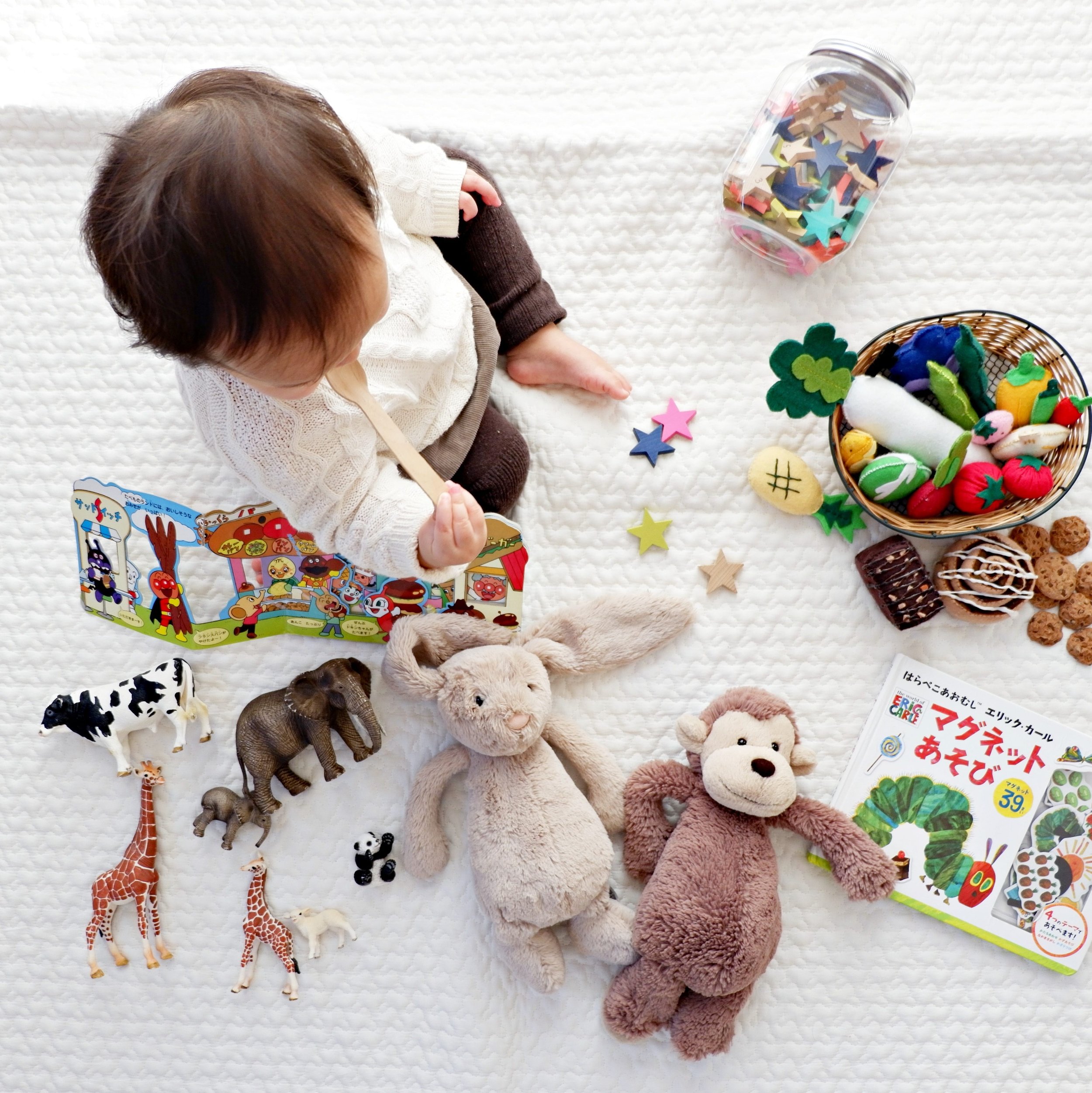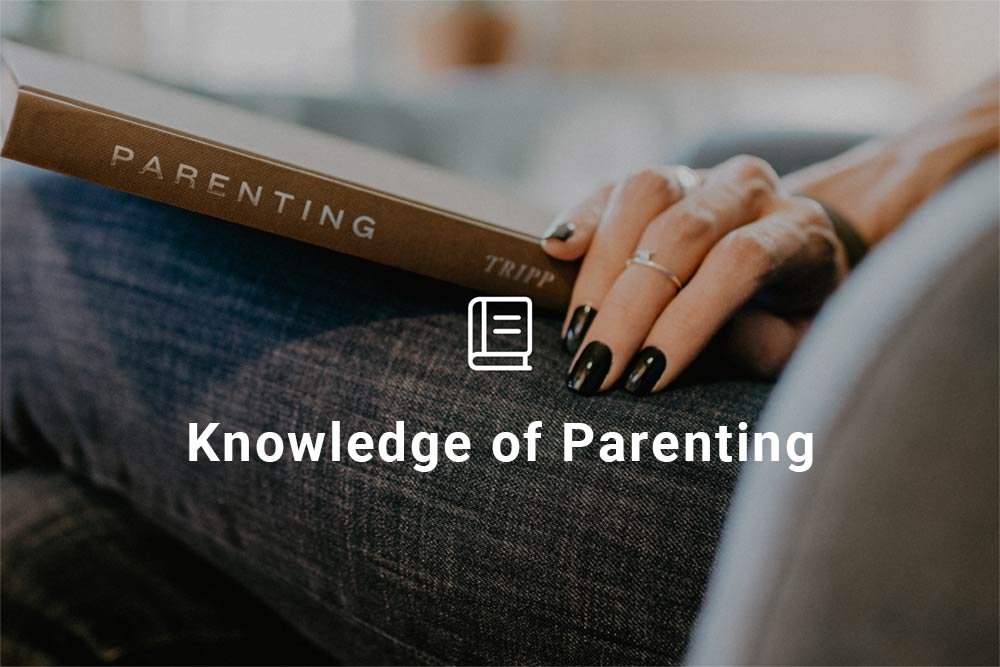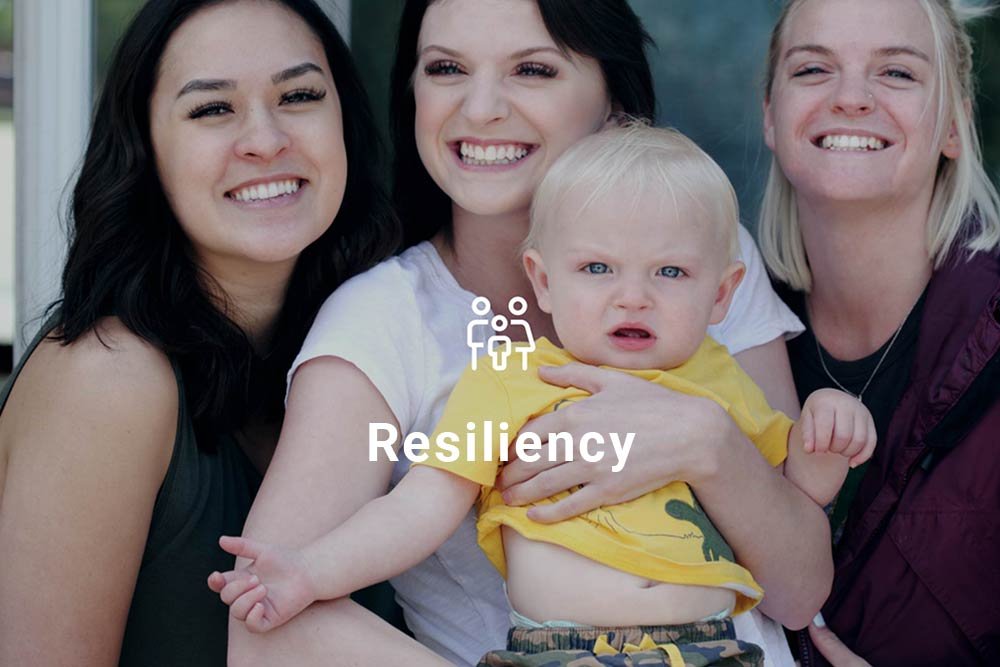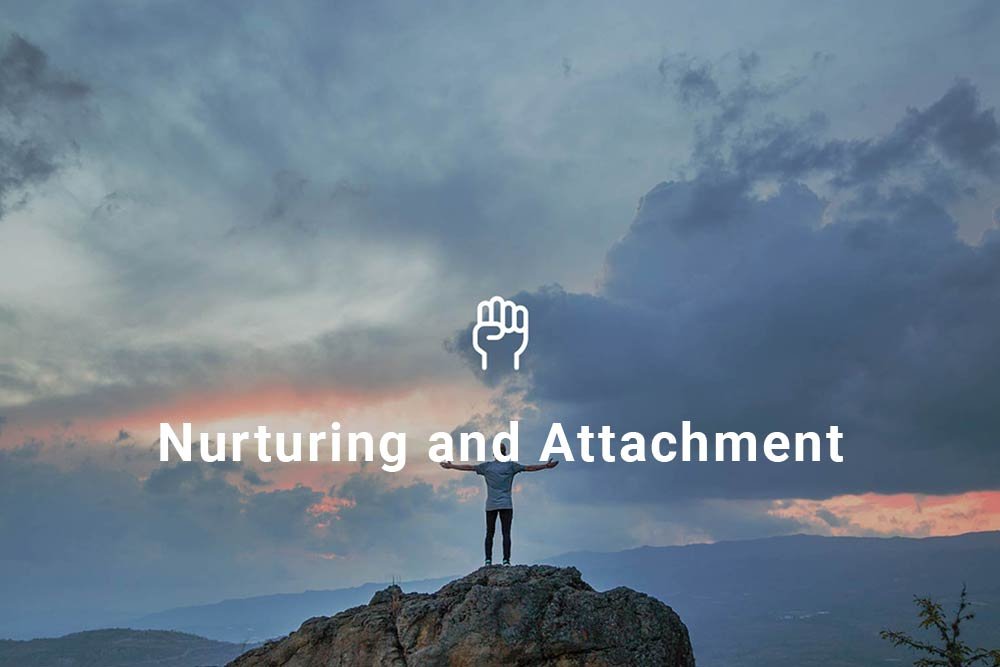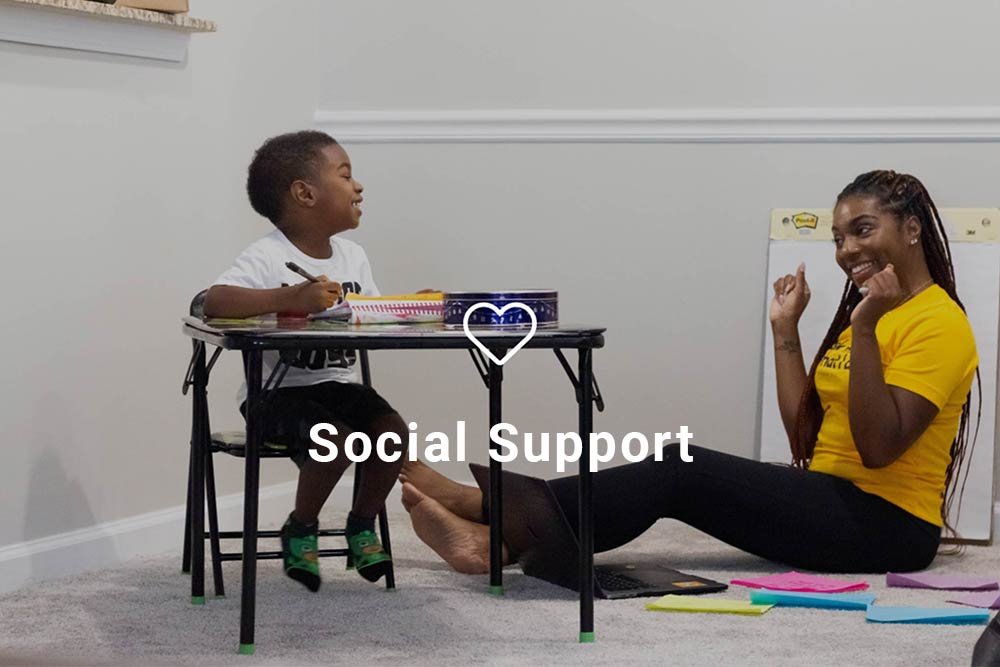
The
First Five
Years
A Transformative Investment
You’re dropped into a board game.
You don’t know the rules.
Your first move determines the rest of the game.
oh...and you have 5 seconds
The game?
PARENTHOOD

These are
the First Five Years
The first five years of a child’s life is the most critical period of brain development. The experiences a child has during this time- both positive and negative- have an impact on outcomes far into adulthood.
If you had to guess, what percentage of brain development occurs between 1-5 years old?
90%
As much as 80% of brain development happens by age 3 and 90% by age 5. In these 5 years, sleeping or awake, a child is creating 1 million neural connections every single second.
This extraordinary burst of connection shapes the foundation for learning, development, and future success.
In the first years of life, the brain is building connections that form the foundation of sensory pathways, language, and higher cognitive functions.
REFLECT
What do you think matters most to ensure a strong early foundation for a child?
We know one thing for certain: relationships are the key.
Overwhelming research demonstrates the importance of the relationship between a child and the adults in their life. The quantity and quality of those early experiences directly impacts the construction of the neural building blocks that are setting the stage for a child’s future success.
We also know the things that can impact the quality and quantity of those early relationships.
REFLECT
Which of these did you have access to as a child or as a parent? What do you think happens if a caregiver doesn't have access to these things?
THE PARENTHOOD
GAME
Now we know a bit more about the game.
The stakes are high
Time is limited
Relationships are crucial
But in real life, not every caregiver starts
off with the same set of resources.
Now we know a bit more about the game.
The stakes are high
Time is limited
Relationships are crucial
But in real life, not every caregiver starts
off with the same set of resources.
When caregivers don’t have access to resources, knowledge, and support systems in these critical early years, their children are more likely to experience adversity and toxic stress, which can lead to attendance issues, disruptive behavior, and academic challenges in school.
REFLECT
How do you think adverse experiences in those early years might impact adults later in life?
Adversity in childhood can lead to negative impacts on their mental and physical health far into adulthood.
Risky
Behaviors
Smoking and
Heavy Drinking
Physical Health Challenges
Depression, Diabetes, Heart Disease, and Cancer
Mental Health Challenges
Depression,
Anxiety
The compounding effect of negative experiences in the first give years harms individuals, families, and impacts entire communities.
The good news? We know how to solve this problem.
The Toolkit
If we equip caregivers with the knowledge, resources, and supports they need to to navigate early childhood, every child will have an opportunity to develop into a healthy thriving, happy adult.
Knowledge of Parenting
When a caregiver has an understanding of developmental stages they can communicate more effectively and use parenting strategies that are positive and supportive.
Concrete Supports
When caregivers have access to the basic resources- food, clothing, shelter, and stable income- they are better able to invest time and energy into supporting the child.
Resiliency
Caregivers who are able to navigate uncertainty, problem solve, reflect on strengths and opportunities, and activate resources are able to manage stress more effectively.
Nurturing and Attachment
Creating a loving and supportive connection with a child is critical for healthy development. These connections are developed from frequent, high-quality, positive interactions.
Social Support
Caregivers who have access to emotional support systems- family, friends, community- are better equipped to manage stress, which creates more opportunities for positive interaction with children.
We help equip caregivers with this critical toolkit by providing a layered and intentional set of supports

92% of children in our home visiting service reach all their development milestones
81% of parents who reported symptoms of depression were connected with mental health services.
When we invest in the first five years, we support parents today, children tomorrow, and our communities into the future.
And the first five years are a uniquely transformative investment.
For every $1 invested in quality early childhood support, we see a $9 return.
WAYS YOU CAN HELP
Whether you want to invest time, talent, or resources, we invite you to join us in this critical work to strengthen our communities.




